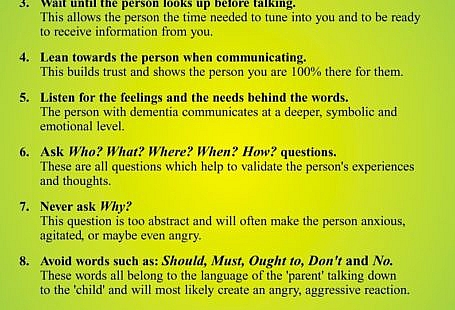Ever wondered what hypnotherapy is – or what it’s like to work as a hypnotherapist? This certified hypnotherapist shares his secrets, and offers career tips for people interested in hypnotherapy.
When a personal challenge seems insurmountable, many people consider getting hypnotized to help them break a bad habit or channel their life in a new direction. But they have many questions, such as “What does a hypnotherapist do?” And, more importantly, “How does hypnotherapy work?”
Here, we’ll learn the answers to these questions and more!
Andrew Rader, LAc, MS, is a licensed acupuncturist, a master of science-Chinese Medicine, and a certified Hypnotherapist with a specialty in smoking cessation. “Amazingly, in one session over 90 percent [of his clients] will quit smoking for good,” he says.
Since smoking cessation is Andrew’s specialty, here we will focus on how a hypnotherapist helps a person stop smoking. But remember that hypnotherapy can be used to help with any goal — not just kicking the smoking habit.
Hypnotherapist Job Description
As a hypnotherapist, Andrew works with people one on one. “I am able to help a smoker go from not being sure about quitting, a bit fearful, to being a happy non-smoker for the rest of their lives,” he says. “Like riding a bike, it seems daunting, but once they have it, they can never go back.”
A typical session lasts about 1-1/2 hours, although it might vary by about 15 minutes one way or the other.
How Much Does a Hypnotherapist Make? What About Education?
Hypnotherapy is not a wage-based occupation and as such, “It varies wildly what someone could make as a hypnotherapist,” councils Andrew.
Since hypnotherapy is not a licensed modality in California, where he practices, Andrew says many hypnotherapists combine hypnotherapy with other practices. “Generally, a hypnotherapist has a license in some other field. Often you find psychotherapists, social workers, physicians, chiropractors or acupuncturists using hypnotherapy.”
The hypnotherapy training itself is a 5-day program that is very specific and intensive. “This training is adequate,” adds Andrew, “because most people who become certified hypnotherapists are already practicing physicians or therapists.”
The Best Part of Working as a Hypnotherapist
“Being able to help a smoker quit is thrilling,” says Andrew. “First, because for a smoker, there is not a single thing that matters more to their health than quitting smoking; and secondly, because what we are doing is showing them that they have the ability to use their mind to overcome something that seemed impossible.”
Andrew adds, “Once they quit and see how easy it is, they begin to think, ‘what else can I do?’”
The Most Challenging Parts of a Hypnotherapy Career
Deciding that someone isn’t ready to quit is one of the biggest challenges Andrew faces.
“Most smokers know they need to quit, or should quit,” says Andrew, “but they don’t really want to quit. They think they want to, but really are not ready. What can be challenging is working with someone who thinks he is ready but really isn’t. I have to tell them that we need to wait.”
The Real Secret of Hypnotherapy
Andrew has found that most people think hypnosis is something mysterious and perhaps scary. “They think that something might be ‘done to them’ that they have no control over,” he says.
But nothing could be further from the truth! “The fact is,” Andrew stresses, “everyone is conscious and in control of what happens during a hypnotherapy session.”
Further, he assures us, “their morals and ethics are intact and they can always accept or reject any suggestion that is given to them.” This is why someone must want to quit smoking; otherwise, they won’t accept the suggestions being offered from the hypnotherapist.
Career Tips for Hypnotherapists
In Andrew’s opinion, the two most important character traits a prospective hypnotherapist must have are empathy and the desire to help others. The hypnotherapist must be able to see where the client is coming from and use this as the starting point in the therapeutic process.
Andrew also encourages aspiring hypnotherapists to believe in and enjoy what you do. He suggests that you “have a clear picture, before you start the training, of what it will look like,” Also, consider visiting or interviewing someone already in the field to gain a better understanding of what the work involves.
Do you have questions about what hypnotherapy is, or how to start a career as a hypnotherapist? Please comment below.
Andrew Rader, LAc, MS, received his BS from UC Berkeley in Biochemistry, and his MS from the American College of Traditional Chinese Medicine, with an internship in Beijing. He received his training in hypnotherapy from Smoke Free International and is certified by the International Hypnosis Federation. For more information, visit freedomfromsmokes.com
Written by Gail Armanini, a freelance writer whose professional career has encompassed the legal, education and healthcare arenas. Visit her at GailArmanini.com.




